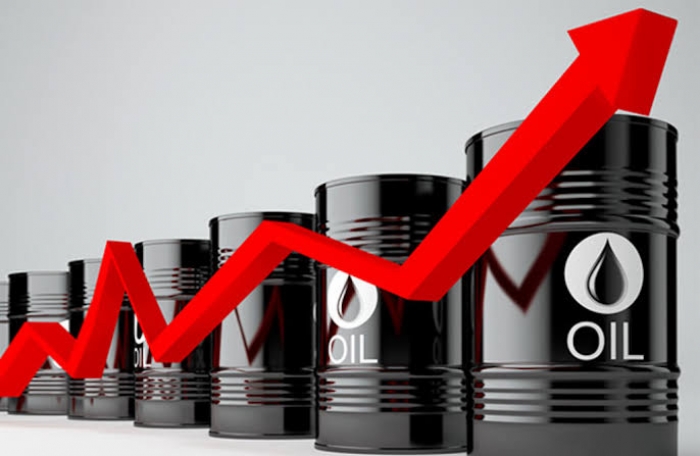Fuel prices in Nigeria are expected to climb further as Brent crude prices surged above $81 per barrel on Monday, marking a four-month high. The increase follows the imposition of broader U.S. sanctions on Russian oil exports, raising global supply concerns and driving up costs.
Brent crude futures rose by $1.48 (1.86%) to $81.24 per barrel after reaching an intraday high of $81.49, the highest since August 27, 2024. Similarly, U.S. West Texas Intermediate (WTI) crude climbed to $78.10 per barrel, reflecting a 2% increase. Both benchmarks have gained over 6% since January 8.
The U.S. Treasury’s expanded sanctions, announced on Friday, targeted Russian oil producers Gazprom Neft and Surgutneftegas, as well as 183 vessels linked to Russian crude exports. These measures are expected to significantly disrupt Russia’s oil shipments, particularly to major importers like China and India, pushing demand—and prices—higher across other markets, including Africa.
Impact on Nigeria
The latest price surge is set to impact fuel prices in Nigeria, as the nation depends heavily on imported refined petroleum products. Local fuel depots, which already saw selective price increases last week, are expected to implement further hikes.
Olatide Jeremiah, CEO of petroleumprice.ng, explained that higher crude prices directly influence the cost of refined products such as diesel and petrol. “As Brent crude surpasses $81, importers will face higher procurement and shipping costs, leading to inevitable price adjustments,” he said.
Analysts Warn of Prolonged Price Pressure
RBC Capital analysts noted that the new sanctions will remove significant volumes of Russian crude from global markets, particularly affecting exports to Asia. The sanctions cover tankers involved in shipping approximately 1.5 million barrels per day of Russian oil, including 750,000 barrels per day to China and 350,000 barrels per day to India.
Traders and analysts predict that China and India will now turn to crude sources in the Middle East, Africa, and the Americas, further straining global oil supplies and increasing costs. This could lead to higher shipping expenses for oil imports, which will ripple through markets like Nigeria.
Rising Fuel Prices at Home
Nigerian residents and businesses are already bracing for higher fuel prices after Brent crude prices hit $79.76 per barrel over the weekend. The new highs will likely exacerbate the situation, with diesel prices—already rising in Lagos depots—expected to climb further this week.
The latest developments underline the strong link between global crude prices and local fuel costs in Nigeria, highlighting the need for a more sustainable approach to managing the nation’s fuel supply and pricing mechanisms.

































































